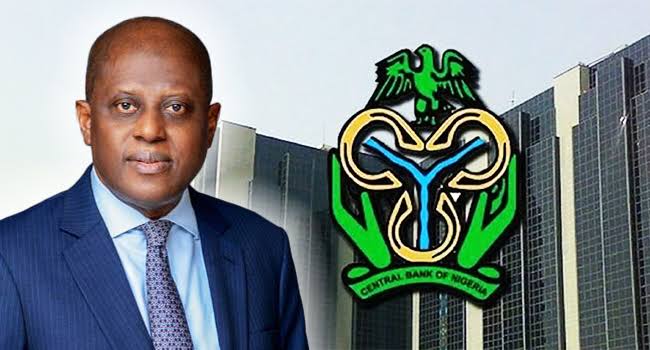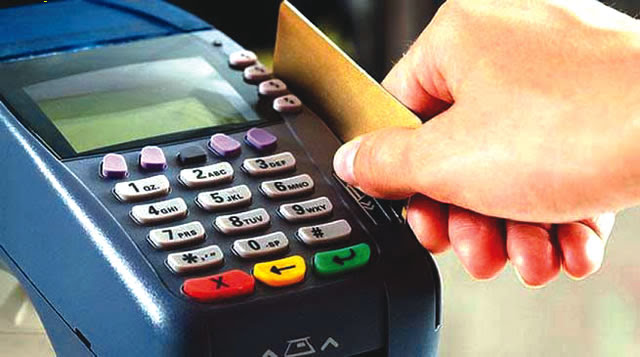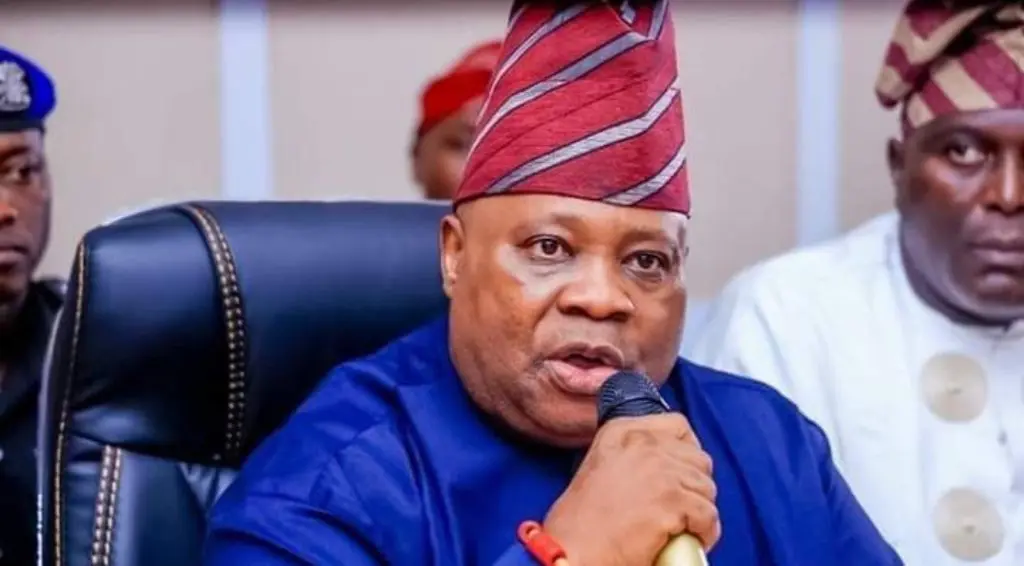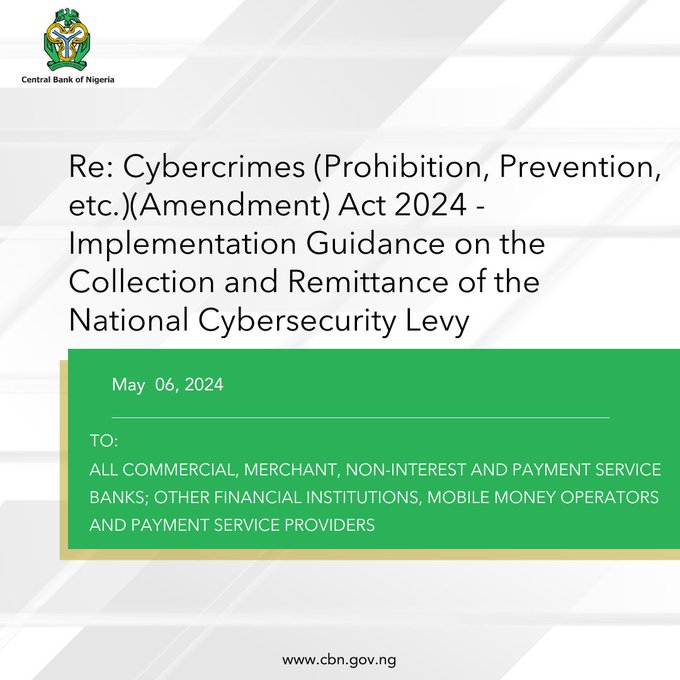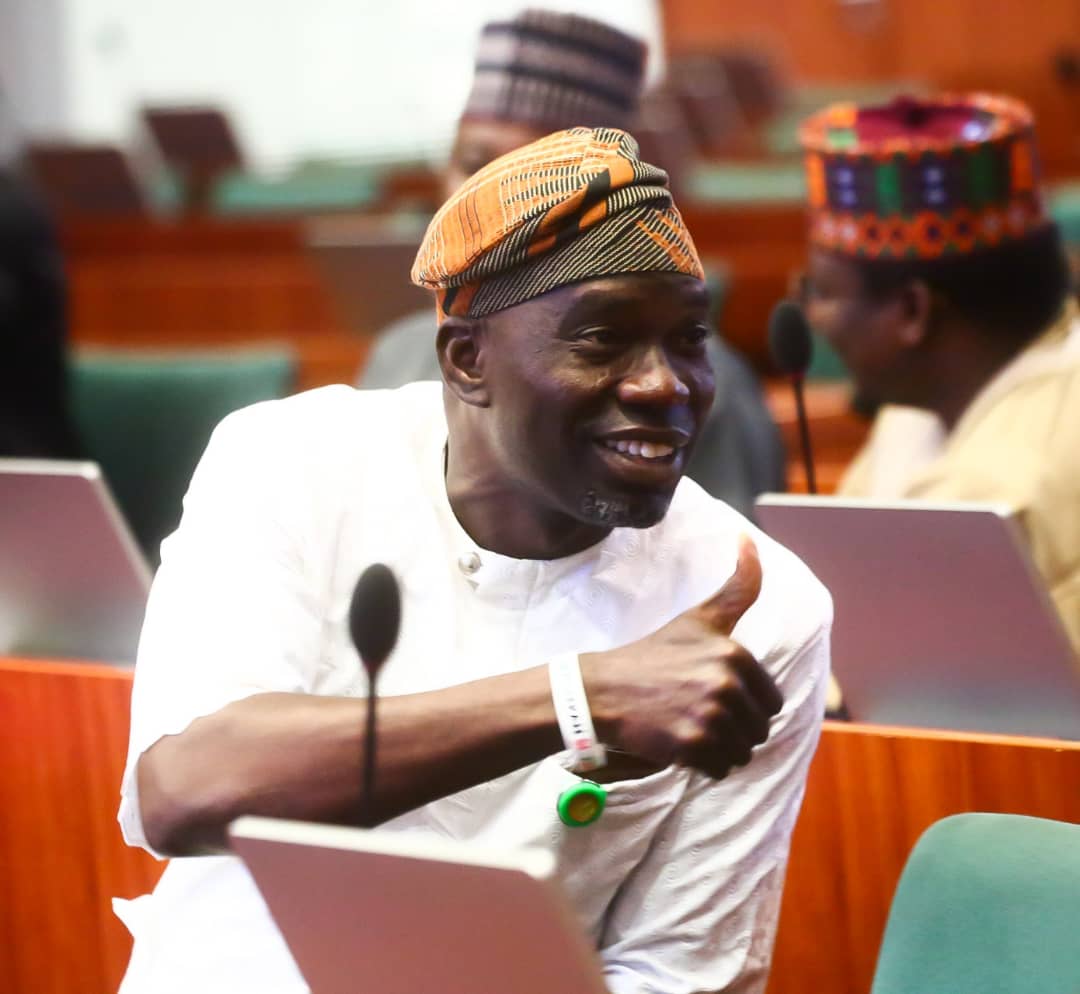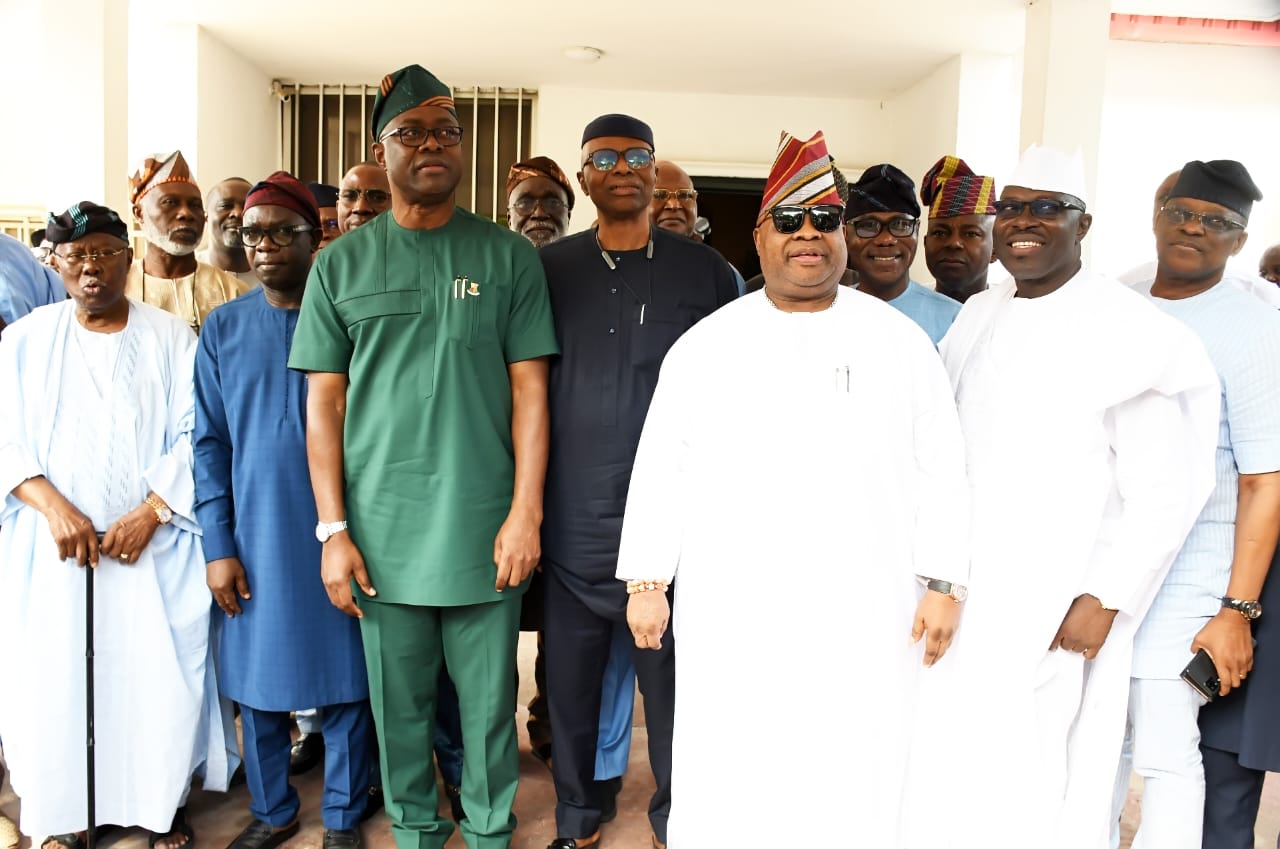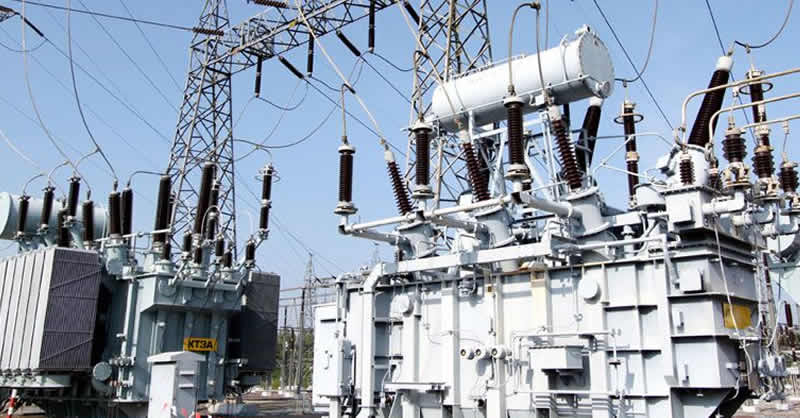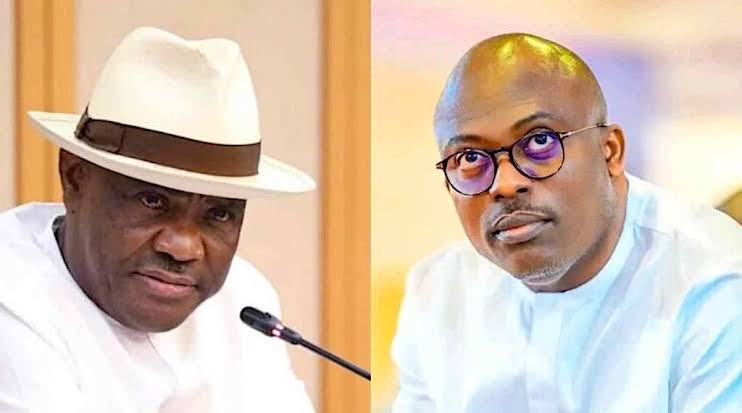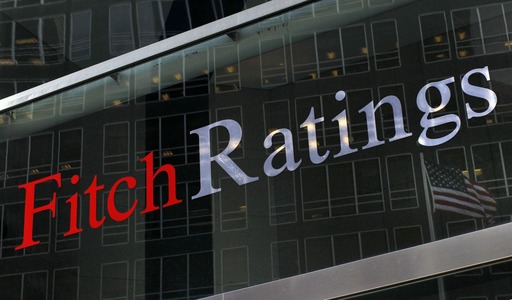Fitch affirms Nigeria’s rating, retains stable outlook on reforms
Fitch Ratings has affirmed Nigeria’s long-term foreign-currency issuer default rating at ‘B-‘ with a stable outlook, citing the reforms being implemented by the administration of President Bola Tinubu.
A year ago, the global rating agency lowered the country’s credit score to ‘B-‘ from ‘B’ and attributed the downgrade to continued deterioration in government debt servicing costs and external liquidity despite high oil prices in 2022. It affirmed this in May this year.
“Reform progress since President Bola Tinubu’s government came to power in May 2023 has been faster than we anticipated at our last review,” it said in a statement, citing the removal of fuel subsidies, the unification of the multiple exchange rate windows and the devaluation of the naira.
However, there has recently been some backtracking on reforms, notably a lower degree of price discovery in the FX market than in late June, raising doubt about the strength of this positive momentum, Fitch said.
Read also: Moody, S&P, Fitch upgrades in sight for Nigeria on economic overhaul
“In addition, new data on the Central Bank of Nigeria (CBN) suggests its net foreign-exchange position is substantially weaker than we previously understood,” it said.
The country’s rating is constrained by weak governance, structurally very low non-oil revenue, high hydrocarbon dependence, security challenges, high inflation, low net FX reserves and ongoing weakness in the exchange-rate framework, according to the rating agency.
Fitch views Tinubu’s cabinet, particularly Finance Minister Wale Edun, and the new CBN governor as supportive of reform.
“However, there are still sizeable socio-political challenges to implementation, including an acceleration in inflation, which could account for recent backtracking of some reforms,” it said.
Fitch said FX shortages has continued to weigh on economic activity and further FX liberalisation, and deter foreign capital.
In October, the CBN lifted the ban on providing FX for imports of 43 items, and began this week to clear nearly $6.7 billion of unmet FX forwards.
“However, there has been a renewed widening of the gap between the official and parallel exchange rates since July with a premium of over 30 percent over the official rate. Average daily FX turnover at the official exchange rate window has fallen back to near April 2023 levels (well below pre-pandemic), at $95 million in September,” the agency said.
Fitch flagged a lack of detail on a recent government announcement to raise $10 billion of FX, including whether this includes World Bank budget support loans of $1.5 billion.
It said the country’s public debt (excluding CBN loans) has a fairly long average maturity of 9.7 years.
It said: “The securitisation of N23 trillion of CBN loans at a lower interest rate of 9 percent has helped contain general government interest costs, but at near 42 percent of revenues, overall interest expenditure is well above the ‘B’ median of 10.9 percent.
“We expect much lower recourse to CBN financing in 2023-2024 than in 2022, although there is a risk demand from the domestic banking sector turns out to be weaker than expected, despite its ample liquidity and strong deposit growth (38 percent in 1H23 year-on-year).”
Fitch forecasts general government debt/GDP to stabilise at 43.9 percent of GDP in 2024-25, having risen from 35.2 percent at the end of 2022 on the depreciation of the naira.
“We project GDP to slow to 2.6 percent in 2023, from 3.3 percent in 2022, and to expand 3.2 percent in 2024 driven by the services sector and higher oil production. Nigeria’s already structurally high inflation rose to an average of 25.5 percent yoy in 3Q23, from 20.3 percent yoy in 3Q22, partly reflecting fuel subsidy removal and naira devaluation,” it said.


